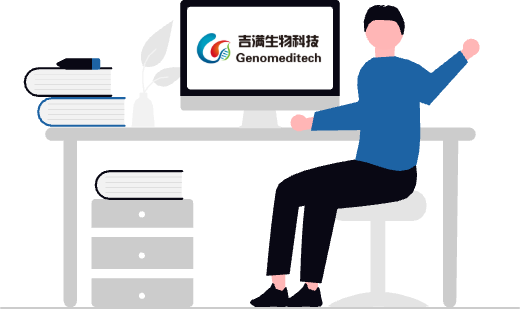The KIF5B-RET fusion gene is formed by chromosomal rearrangement between the KIF5B gene (Kinesin Family Member 5B) and the RET gene (REarranged during Transfection). Similarly, the CCDC6-RET fusion gene results from chromosomal rearrangement involving the CCDC6 gene (Coiled-Coil Domain Containing 6) and the RET gene. KIF5B-RET and CCDC6-RET are two common types of RET fusion genes closely associated with the development of various cancers, particularly non-small cell lung cancer (NSCLC) and thyroid cancer. These gene fusions lead to abnormal activation of RET kinase, driving unchecked cell proliferation and tumorigenesis.
Ba/F3 cells are a cell line derived from mouse IL-3-dependent pro-B cells, which typically require IL-3 (interleukin-3) for survival and proliferation. When the KIF5B-RET or CCDC6-RET fusion genes are introduced, these cells become independent of IL-3 dependency and begin to proliferate via KIF5B-RET or CCDC6-RET mediated signaling pathways. Therefore, this is a classic tool for validating the oncogenic activity of KIF5B-RET or CCDC6-RET fusion genes, as well as for screening inhibitors targeting these fusion genes.
Genomeditech provides Ba/F3 cell lines targeting KIF5B-RET, CCDC6-RET, and other fusion proteins, supporting the screening, activity validation, and in vitro efficacy studies of KIF5B-RET and CCDC6-RET inhibitors.
















